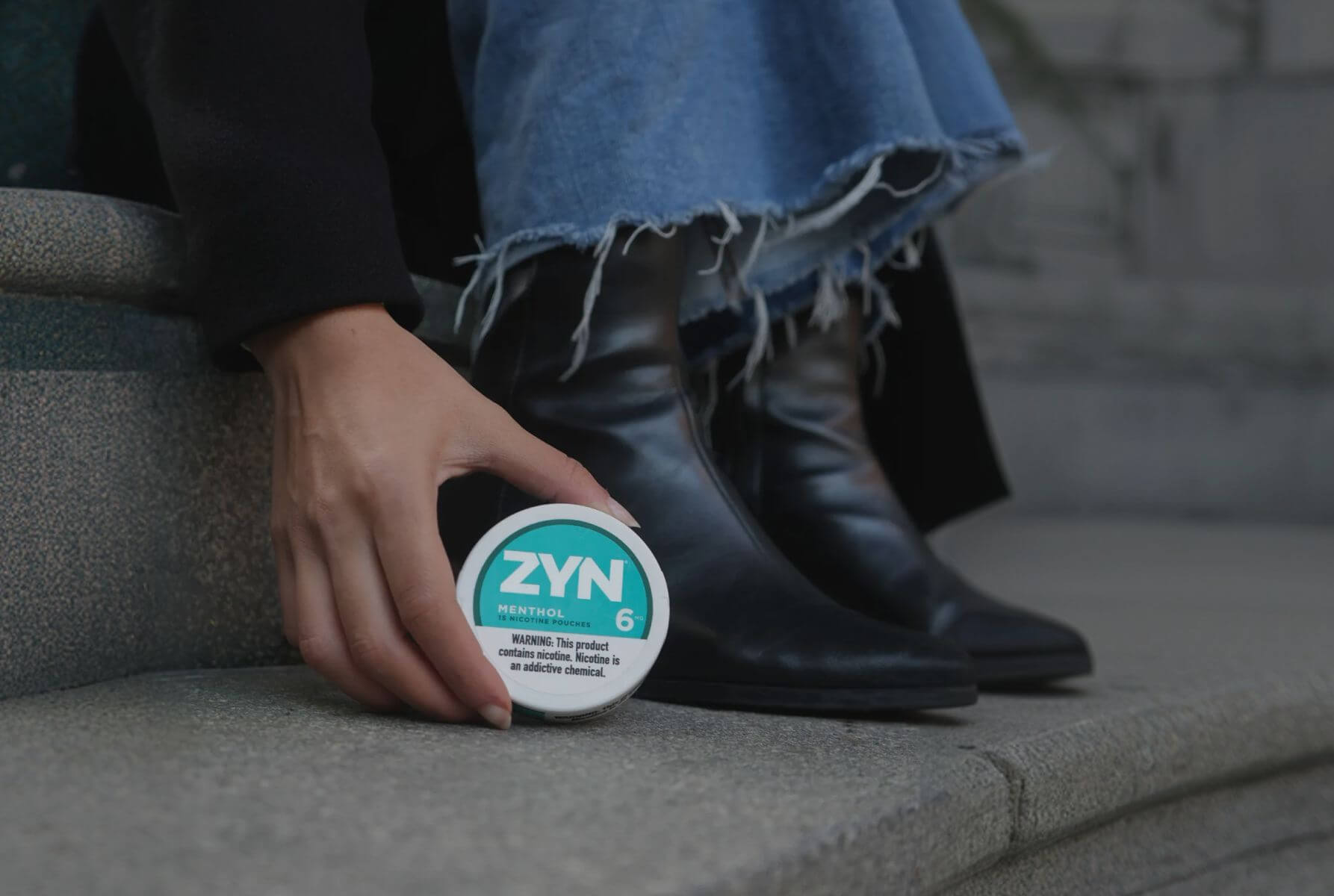The Truth About Nicotine: It's Not What You Think
If you’ve ever heard “nicotine = smoking = cancer,” you’re not alone. But here’s the thing: that equation is flat-out wrong. And a new report from the American Enterprise Institute (AEI), titled Regulating the Tobacco and Nicotine Market in the American Public Interest: A Reform Agenda for the FDA, just put the spotlight on why it’s time to rethink the way we talk about nicotine.
Nicotine ≠ Smoke
What’s already proven: smoke is the source of danger, not nicotine. The tar and thousands of chemicals released when tobacco burns are what cause smoking-related diseases.
If nicotine had been shown to be a carcinogen, Nicotine Replacement Therapies (NRTs) like patches, gums, and lozenges—using the same nicotine molecule—would not be FDA-approved and labeled as ‘safe.’ It would not be the subject of National Institute of Health (NIH) memory research, the MIND trial (aptly named Memory Improving through Nicotine Dosing) either. Yet, when nicotine shows up in novel consumer-based formats like pouches, it’s treated as a villain.
A Backward System
The AEI report highlights a frustrating reality: nearly 15,000 cigarette products are fully authorized for sale, but fewer than 60 smoke-free alternatives have passed through FDA review. Think about that. The deadliest products easily glide through the system, while alternative options crawl...
The result? Smokers who want to move away from cigarettes face confusion, limited choices, or worse—dodgy products from the black market.
What Needs to Change
The AEI report calls for smarter regulation and a clearer path forward. Some key recommendations include:
- Be honest about nicotine. It’s not the cause of cancer.
- Educate adults and medical professionals. Everyone deserves the facts, not fear.
- Fix the FDA process. Quicker approvals for alternatives that people actually want.
- Protect kids without punishing adults. Yes, both goals are possible.
Why It Matters
Almost half a million Americans die each year from smoking-related diseases. Every person who switches from cigarettes to a smoke-free alternative is a step in the right direction—not just for them, but for public health.
The AEI report is more than policy talk. It’s a wake-up call. If we want real progress, we need to stop confusing nicotine with smoke and start giving adults the tools—and transparent information—to make better choices.












Login and Registration Form